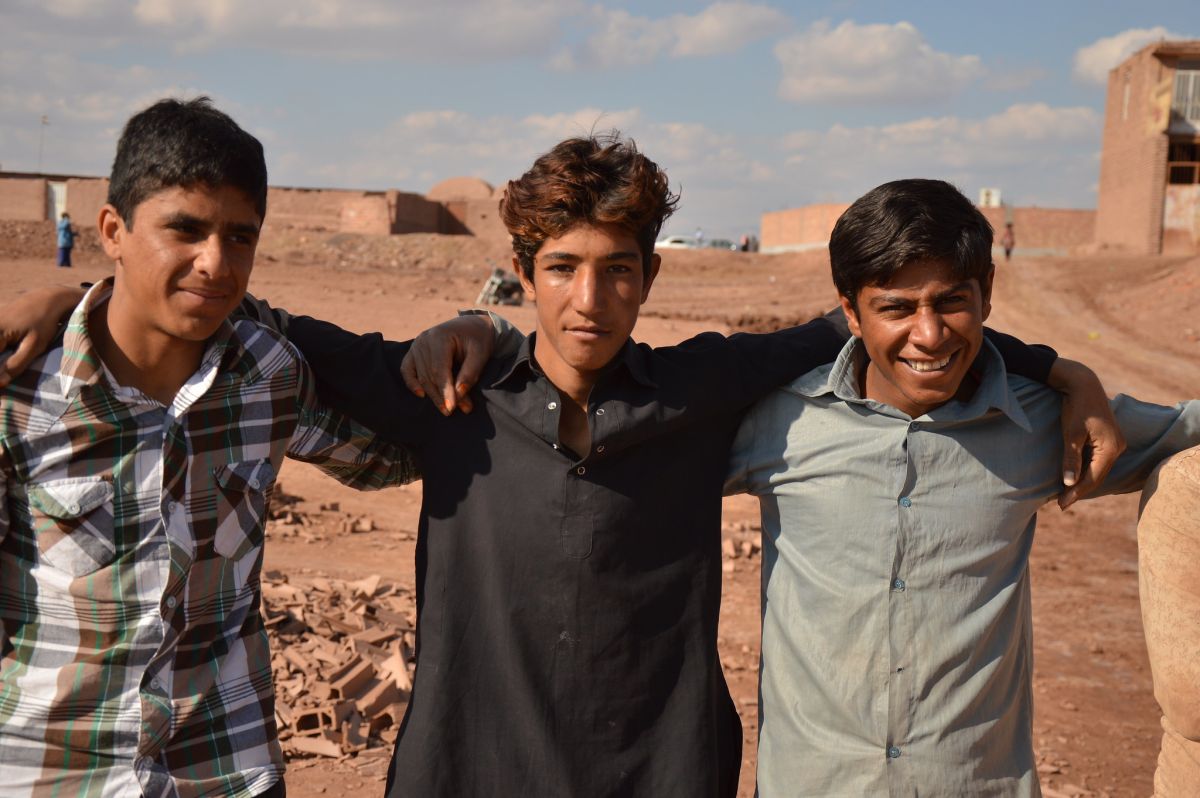Manchester Community’s effort to aid Afghan Refugees
By Miriam Jarvis and Clara Margotin

On August 15th 2021, Kabul, the capital city of Afghanistan, fell to the Taliban. The Afghan government collapsed after weeks of armed conflict and military offensives, leaving thousands of Afghan inhabitants with no option but to flee the country for political and military stability. Numerous countries including Pakistan, Iran, Germany, and the UK welcomed these Afghan refugees to help them seek asylum. The UK government announced on September 1st 2021 that they would allow more than nine thousand Afghan refugees to enter the territory and would provide them with housing hotels.
Since they arrived in England, many Afghan refugees have been subject to a lot of criticism, and more recently, they became victims of frequent abuse and harassment from far-right groups. These groups include ‘Britain First’, ‘For Britain’ and ‘Patriotic Alternative’. In the past few weeks, they made unexpected and unauthorised visits to Afghan refugees in their hotel housing.
The far-right organisations mainly aim to contest the cost of the housing project, because they think that it will lead to the rise of unemployment in the UK. They principally target hotel housing in Telford, Stoke-on-Trent, and Colchester. ‘Hope Not Hate’, a charity whose role is to monitor these far-right groups’ activity, explained that these organisations were spreading hate, racist and Islamophobic discourses, and that they depicted Afghan men as “potential sexual threats” for British schoolgirls.
Hope Not Hate also reports that far-right militants’ videos have mobilised more than 40,000 viewers. Viewers watch and share the videos daily through social media apps, like Telegram. This participates in the relay of racist, Islamophobic and hate discourses against the Afghan community. Certainly, the arrival of Afghan refugees has caused a rise in hate and racism amongst these groups, and it has become one of their main focuses over the past few weeks.
We spoke to the University of Manchester’s Afghan Society’s President, Khooshbo. The main thing she said is that Britain appears to be “quite an intolerant country” for “foreign communities and especially refugees”.
Khooshbo explained that “racism and Islamophobia are often used together to target people of colour, especially men”. She felt that “men of colour are more exposed to racist comments than us women”. This is because they are seen as “a stronger threat and danger by racist white and young people in Manchester”. She states that it is “sexual harassment” rather than “racial harassment [that] concerns us women”.
According to Khooshbo, the ignorance “mainly comes from uneducated and unaware people” who often have very little idea of what is actually going on. Some argue that “Afghanistan is part of the Middle East”, even though it is actually an Asian country.
On a broader national level, Afghan refugees have been struggling to find support and help from British government officials. Initially, the Government announced that Afghan refugees were welcome to seek asylum in England, but they made no further attempts or measures to actively help refugees.
Several British Nationals were stranded in Afghanistan when the Taliban took control, prompting attempts to reunite families or bring family members across to the UK. These British Nationals have the right to return to the UK, but despite this, they are receiving little to no help from the British government.
Twenty-eight-year-old Nazir Moradi is one of these people – he returned to Afghanistan in order to care for and evacuate his 56-year-old mother, but during his attempt at evacuation, a bomb exploded at Kabul airport leaving him and his mother stranded in Afghanistan. Mr. Moradi has a wife and a 3-year-old son who live in Whalley Range in Manchester who are still waiting for him to return.
Mr. Moradi reached out to the Manchester community for help on November 3rd, and received an outpour of responses from concerned neighbours and community members alike. They wrote letters to the Manchester City Council for Mr. Moradi. I, amongst many others, wrote to our MP Afzal Khan. Most of us received no replies or signs of any regard for Mr. Moradi or his family. One councillor, Mr Bano, raised awareness of his case, but this was the extent of the help he received.

Mr, Moradi has expressed his worries about travelling across Afghanistan. He said, “it is extremely dangerous to travel by land”. However, the urgency for him to get home is clear in his message – he is the primary monetary earner in their household in Manchester, and he worries for his family’s welfare and stresses over separation from his son.
On the 15th of November, Mr. Moradi’s wife contacted me with an update. She explained a flight has been arranged for Nazir to return home, with his mother sadly not joining him. This was good news that the community who rallied around him, but the news is bittersweet for Nazir as he had to leave his mother behind.
This difficult time has led to many split-up families and friends, leaving people alone and without support. Yet the power in local community is still very much present and alive in Manchester.
As a result, the Afghan community needs help and support, from everyone in the country. Khooshbo explained that the University of Manchester’s Afghan Society is organising fundraising campaigns and events to financially support the Afghan community and help raise awareness within the non-Afghan population in England and on campus.
There also are fundraising campaigns by organisations such as the United Nations. UNICEF, the World Food Programme, and The Refugee Council are specifically working on such campaigns. Finally, it is also possible to help Afghan refugees without money. You can volunteer for or host refugees, become a community sponsor, donate IT equipment or clothes, or support local groups and organisations.







